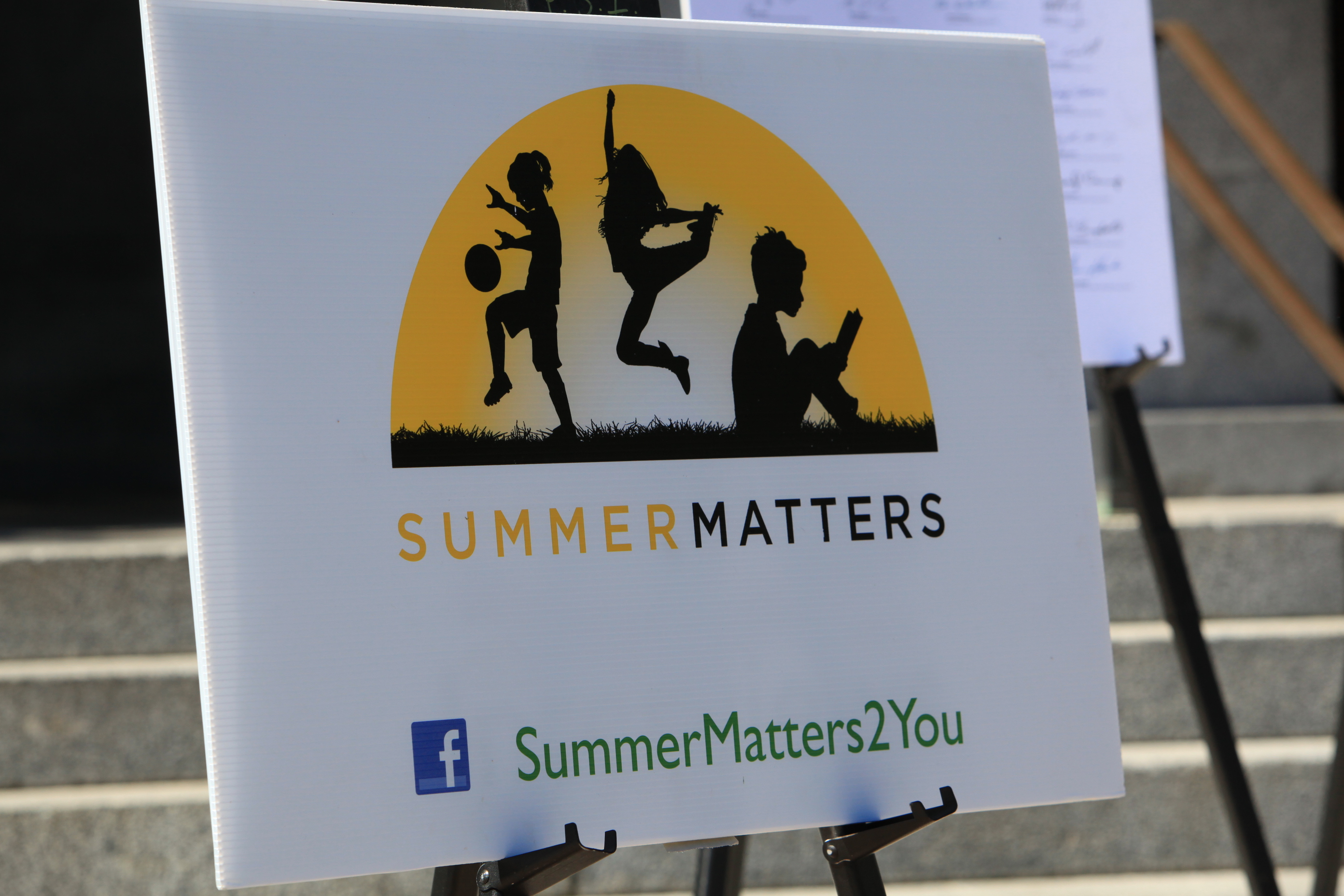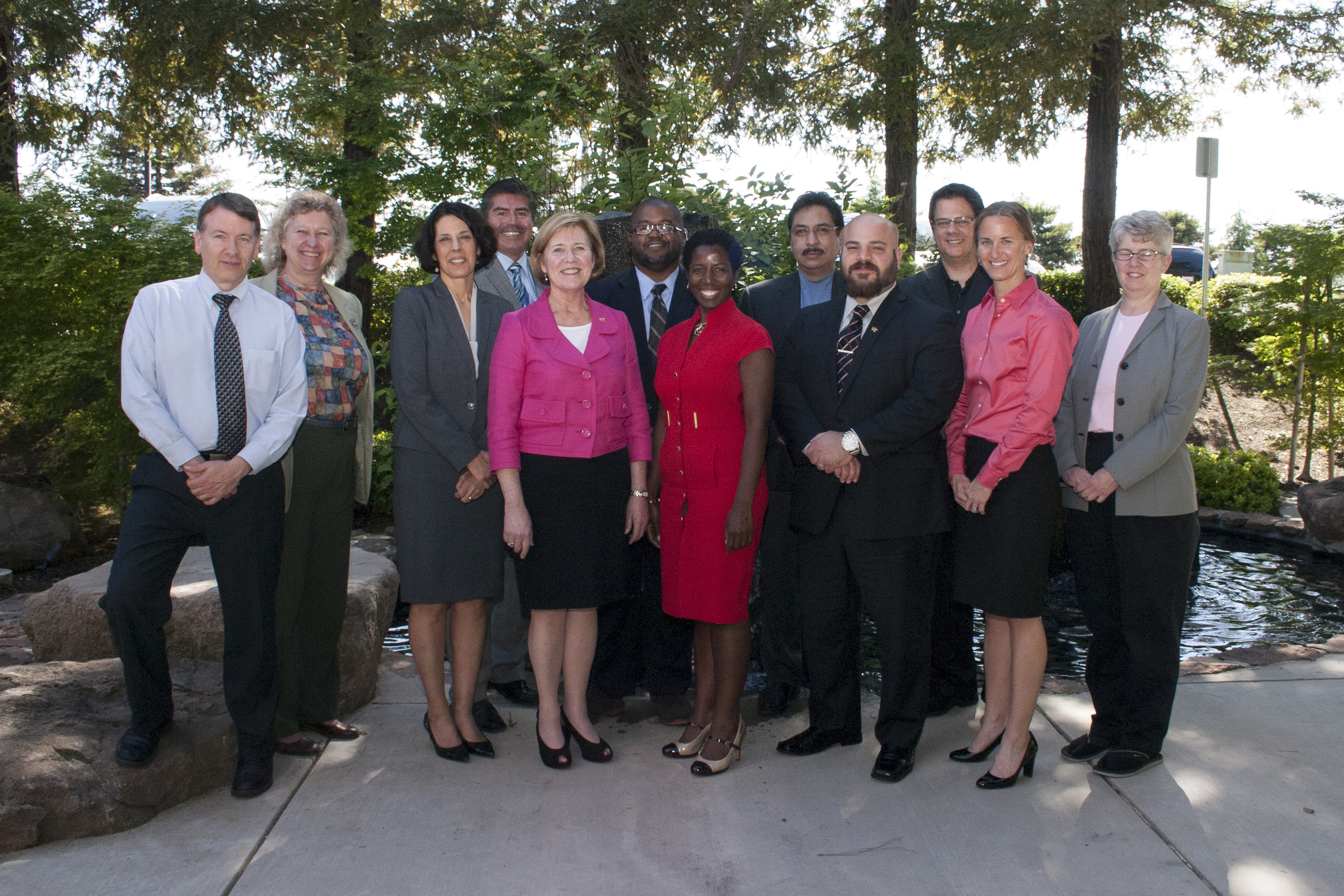If the implementation of the Common Core State Standards is to be successful, it will be because of teachers. All of the planning, budgeting, assessment development and communication won’t matter at all if the efforts are not ultimately focused on preparing teachers. With approximately $200 per student to spend on Common Core implementation over the next two years, boards have work to do. They will need to have a plan for staff to use the funds, hold a public hearing to inform the community, and then adopt that plan at a subsequent board meeting.
Senator Leno joins CSBA in pursuing parcel tax reform
In the June 26 weekly membership eblast, we reported that State Constitutional Amendment 3 no longer addressed the lowering of the parcel tax passage threshold – a key Governance First legislative priority for CSBA.
Governor approves budget
Gov. Jerry Brown signed the 2013-14 State Budget into law on June 27, just in time for the new fiscal year July 1. He “blue-penciled,” or vetoed, only a few items in the K-12 budget.
Executive Committee sees successful Linked Learning programs in action
A recent site visit to the Sacramento School of Engineering and Sciences provided CSBA Executive Committee members and staff with a real-world view of the Linked Learning approach. The students’ high level of interest and deep engagement in their work was evident across the Sacramento City Unified school site.
Summer learning matters, educators and business partners agree
Busloads of students from around the state joined state education, business and legislative leaders at the state Capitol June 20 for the kickoff of the Summer Matters campaign to boost summer learning. “We’re gonna rock with summer learning this year,” State Superintendent of Public Instruction Tom Torlakson told the crowd of students assembled in front of the North steps of the Capitol, ready for the fun, literacy-themed activities to take place throughout Capitol Park after the rally.
SCA 3 now focuses on public records, not parcel tax vote rules
In a move by the legislative leadership, State Constitutional Amendment 3—the amendment initially sponsored by CSBA to permit passage of school-related parcel tax ballot measures by a 55 percent rather than a two-thirds majority—is now a vehicle for a constitutional amendment related to the California Public Records and the Brown Act.
CSBA joins work to link students with college and career opportunities
The Linked Learning approach to high school reform is based on the principle of equity and has a fundamental goal of increasing postsecondary opportunities for California’s Latino, African-American, and low-income students. Common to the Linked Learning approach are the practices of project-based learning, career-themed courses and experience, and personalized support—and reducing the use of practices associated with limiting college prep access, such as tracking and lack of articulation across grade spans.
Save the date for AEC: Dec. 5-7 in San Diego
Now’s the time to start making plans for CSBA’s Annual Education Conference and Trade Show, which runs from Dec. 3-5 in San Diego. Register and make your hotel reservations now to ensure your place at the convenient headquarters hotel, the San Diego Marriott Marquis & Marina, or one of several other local hotels. “There’s something for everybody here at this annual education conference. … It’s gonna be dynamite,” says Rowland USD board member Heidi Gallegos, a member of the conference planning committee, in a video on the conference site: aec.csba.org, which has registration details.
Membership shows strength in numbers
CSBA exists for and because of its members. Members rely on us to advocate for them, coordinate their advocacy, provide governance training, inform them and support them in ways that no other educational organization can match. At the same time, CSBA relies on members’ continued dues support and participation.
CSBA kicks off post-doctoral fellows program
The CSBA post-doctoral fellows program is a new collaboration between Drexel University and CSBA. The fellows program is the result of CSBA’s effort to establish partnerships with universities and other organizations. These partnerships help advance the policy leadership and priorities of CSBA by adding to CSBA’s human capital, expanding the high-quality information we provide to the members, and building understanding of governance issues and the needs of governance teams.










